A recent report (June 2015) issued by the feds spoke of ECOA and Credit Bureau issues, among others. The other issues were credit card and servicer oriented so most would not apply to you all.
The good news is if you are my client – your Policies and Procedures in Book One cover these areas well. If you are not my client, maybe you should be.
Issue One: Fair Lending comment about underwriting.
If you are a lender underwriting your own files be sure you have some training in place about Fair Lending and ECOA that discusses among other things, public assistance. If you do this and keep a copy in your files behind your Fair Lending Policy, you will strengthen your position in the event of a regulator challenge.
If you are a Broker remember this. It seems logical that if the consumer files an ECOA complaint you could just point the finger at the lender that you brokered the loan to. However there are no guarantees that the consequences won’t drip down to your level like waterboarding. Thus it would not hurt to hold a short meeting with staff and remind them about public assistance. Why take a chance?
I can pretty well tell you if you acted as the Broker and actually have evidence of this training the regulators will go right back to the lender you worked with and forget about you. You are in a defensible position.
While both the broker and the lender have a duty to comply with Fair Lending and ECOA, I think the lender’s duty is higher.
Here are the CFPB’s exact comment on this consumer violation.
Fair lending violations: Bureau examiners found that one or more institutions denied or discouraged mortgage applications from consumers because they would have relied on public assistance income in order to repay the loan. Excluding or refusing to consider public assistance income violates the Equal Credit Opportunity Act. The CFPB examiners directed that institutions change their policies and identify and provide remediation to harmed applicants.
Issue Two: Credit Bureau errors that cause you to change the loan program.
What about that client who claims the credit bureau has it all wrong? Should you try to help them get the error corrected? If you do are you in a better position should the consumer file a complaint at a later date? I think so.
The critical part of this that could dribble down to you is quality control. If you have been advised of an error by the consumer and as a result of the error you cannot actually put the consumer in the best possible loan, do you have liability if you knew? or should have known from what they told you or showed you? Maybe, and that’s the scary part. I can see some regulator saying you should have advised the client to hold off until the error was corrected instead of directing the consumer to a less advantageous program due to the error on the report.
Ten years ago, maybe not an issue. Today this is the age of consumer protection. Anti-steering and qualified mortgages are in full force and effect. Fiduciary duty is widely invoked. Dodd Frank and the SAFE Act hold you to a much higher standard of care. You must do all you can to insure you provide the best possible program. Especially when you know or should have known of an error that adversely and unfairly affected your consumer’s choices.
Anyway, here is what the CFPB had to say about the bureaus.
Accuracy problems at consumer reporting agencies: Examiners continue to find accuracy problems at one or more of the credit reporting agencies, stemming from issues with information collection and quality control. Examiners found that at least one consumer reporting agency did not conduct regular monitoring of its furnishers to make sure they were following requirements. Examiners also found no quality controls in place to test existing consumer reports for accuracy. CFPB Supervision directed one or more credit reporting agencies to develop a plan to implement such quality control.
Respectfully,
Nelson A. Locke, Esq.
Compliance Expert and Attorney
Office (800) 656-4584
Cell (305) 951-2785

